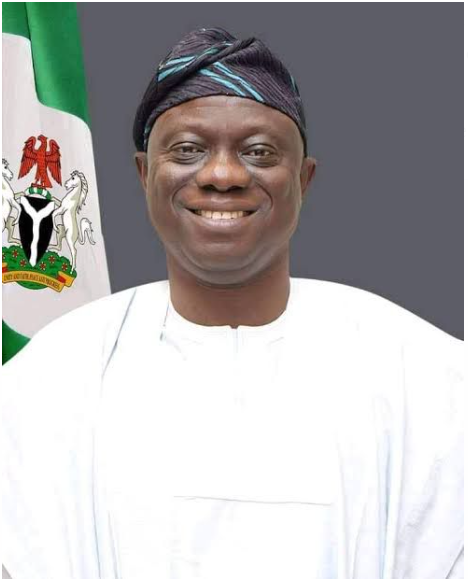On November 4, the Public Accounts Committee of the House of Representatives addressed recent media reports regarding the Nigeria Upstream Petroleum Regulatory Commission (NUPRC). The committee, led by Chairman Bamidele Salam, emphasized that it had not accused the NUPRC of any wrongdoing, particularly concerning a purported N32 billion revenue leak or breaches of the Treasury Single Account (TSA) protocols. Salam clarified that the committee is primarily focused on safeguarding the public interest and ensuring accurate revenue generation, and expressed confusion over the origins of the media allegations, stating that no definitive conclusions about financial misconduct had been reached during the hearings.
The media reports suggested that the Public Accounts Committee had uncovered a significant revenue leak involving N32.151 billion in the NUPRC’s financial dealings spanning from 2015 to 2022. Furthermore, it was claimed that about N909.3 million had been transferred illegally to private bank accounts without proper adherence to TSA guidelines. Additional accusations included discrepancies in transaction documentation, with assertions that certain sums reported through Remita were either misrepresented or omitted entirely from the NUPRC’s records. Salam reaffirmed the significance of the NUPRC as a regulatory body and stressed the committee’s commitment to thorough investigation before drawing any conclusions about the alleged revenue issues.
In defense of the NUPRC’s practices, Chief Executive Gbenga Komolafe provided assurances concerning the agency’s compliance with the Petroleum Industry Act (PIA) of 2021, which governs its operations. During the committee hearings, Komolafe asserted that the NUPRC has consistently provided all essential documentation necessary to address the concerns raised about revenue discrepancies. He acknowledged that while the commission initially faced time constraints regarding the Auditor-General’s report, it eventually submitted comprehensive evidence that clarified any misunderstandings related to revenue collection and remittance processes.
One key aspect of the NUPRC’s defense was its explanation of specific funding arrangements that accounted for any perceived shortfalls in remittances. The agency cited Modified Carry Agreements (MCA) and Direct Sale Direct Purchase (DSDP) agreements with the Nigerian National Petroleum Corporation Limited (NNPCL) as underlying reasons for delays in financial transactions. Komolafe pointed out that the delays were linked to the logistics of cargo loadings, asserting that the NUPRC had documented its communications with NNPCL that formally requested timely payments alongside official account statements to validate its claims.
Moreover, the NUPRC addressed allegations concerning potential violations of TSA protocols and discrepancies in data reported through the Remita financial system. The commission clarified that the figures cited in media reports stemmed from the Remita platform itself, and any referenced transactions had been accurately recorded and generated through this system. The NUPRC noted that its revenue collections are managed via an Enterprise Automated Portal, which integrates legacy processes from the former Department of Petroleum Resources, thereby shedding light on the complexities involved in its financial management.
In conclusion, the Public Accounts Committee’s assertion and the NUPRC’s staunch rebuttal highlight the ongoing complexities and challenges facing regulatory agencies in Nigeria’s oil and gas sector. As the committee emphasizes diligence in its oversight roles, the NUPRC advocates its adherence to established protocols and legal frameworks. The situation underscores a critical need for accurate information dissemination and verification processes within government operations, especially when sensitive financial matters are at stake. Both entities continue to navigate their responsibilities while emphasizing the importance of transparency and accountability to ensure that public interests are upheld amidst the scrutiny of financial governance.


